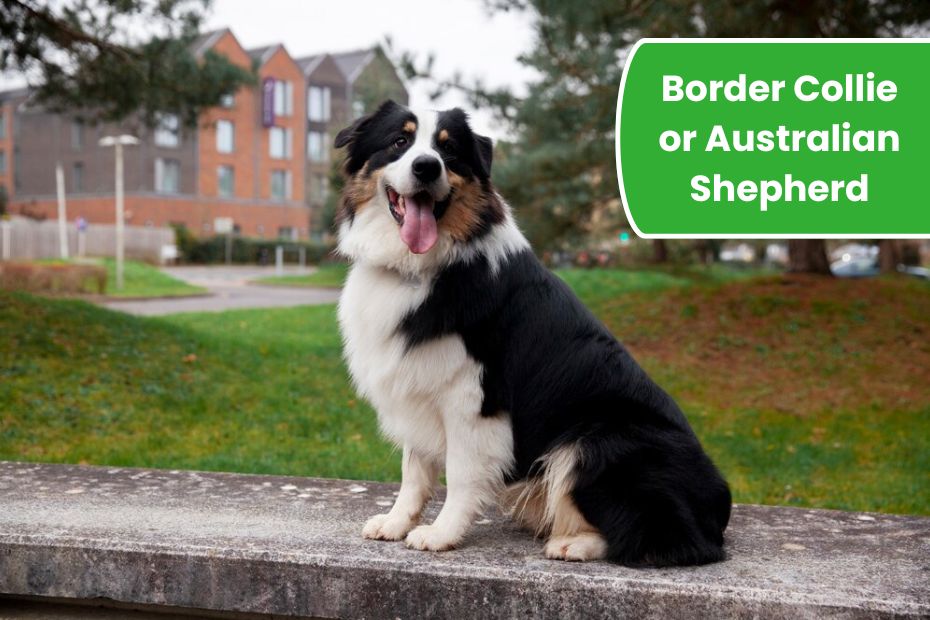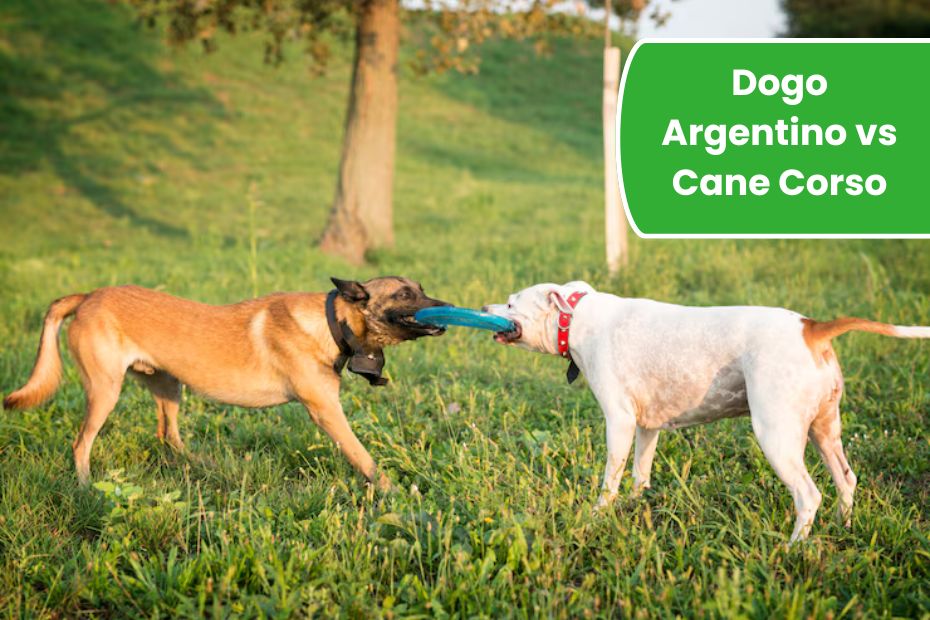Choosing a dog is a significant decision that affects not only your life but also the well-being of the animal you bring home. Veterinarians, with their expert insight into canine health and behavior, often see trends in dog breeds that pose serious challenges for owners and the dogs themselves. Some breeds come with chronic health issues, others have temperament problems, and a few are often victims of unethical breeding practices. This article explores 14 dog breeds that many veterinarians wish people would reconsider before purchasing, along with reasons why and alternatives to consider.
Why Veterinarians Advise Caution in Breed Selection
Veterinarians’ concerns stem from years of firsthand experience with dogs suffering from preventable health conditions or behavioral problems. Some breeds are prone to genetic diseases, others require extensive care and training beyond what typical owners may provide. Choosing a breed without understanding its needs can lead to heartache, increased veterinary costs, and sometimes even abandonment or surrender.
1. English Bulldog
English Bulldogs are infamous for their many health problems. Their characteristic flat faces cause severe breathing difficulties known as brachycephalic airway syndrome. These dogs often suffer from overheating, joint problems, skin infections, and complicated births requiring cesarean sections. The high cost and emotional toll of caring for these issues make vets wary of encouraging their purchase.
2. German Shepherd
While German Shepherds are intelligent and loyal, they frequently develop hip and elbow dysplasia. Their high energy and need for mental stimulation mean they can become destructive or aggressive if under-exercised or poorly trained. Veterinarians see many cases of early arthritis and behavioral issues with this breed.
3. Chow Chow
Chow Chows are prone to numerous health issues, including hip dysplasia and entropion (a painful eye condition). They are also known for their independent and sometimes aggressive nature, requiring experienced handlers. Their dense coats need constant grooming to prevent matting and skin problems.
4. Dachshund
Dachshunds’ long backs make them vulnerable to intervertebral disc disease (IVDD), a painful spinal condition that often requires surgery. Despite their popularity, this breed demands careful handling to avoid injury, a detail often overlooked by new owners.
5. Boxer
Boxers are predisposed to heart conditions such as cardiomyopathy, as well as certain cancers. Their energetic nature can be challenging for inexperienced owners. Many vets see Boxers suffering from preventable obesity due to lack of exercise or inappropriate diets.
6. Pug
Pugs, like Bulldogs, suffer from brachycephalic airway syndrome, causing severe breathing difficulties. They are also prone to obesity, eye problems, and skin fold infections. Their charming appearance masks their fragile health, which can be expensive and time-consuming to manage.
7. Jack Russell Terrier
Jack Russells are high-energy dogs with strong hunting instincts. They require consistent, rigorous exercise and training, which many owners underestimate. Behavioral problems like excessive barking, digging, and hyperactivity are common reasons vets see them surrendered.
8. Great Dane
Great Danes grow very large and fast, leading to joint problems, bloat (a life-threatening stomach condition), and heart issues. Their short lifespan and expensive healthcare needs are often surprising to first-time giant breed owners.
9. Cavalier King Charles Spaniel
This breed is beloved for its affectionate nature but suffers from genetic mitral valve disease, a progressive heart disorder. Early symptoms can be subtle, leading to late diagnosis and poor outcomes. They also face neurological and eye issues.
10. Siberian Husky
Siberian Huskies are beautiful, intelligent, and energetic but have high exercise needs and strong prey drives. Many owners find their independent nature and tendency to escape challenging. Their thick coats require seasonal shedding care, and they are prone to hip dysplasia.
11. Dalmatians
Dalmatians have a high risk of congenital deafness and urinary stones, which require special diets and monitoring. Their active, sometimes stubborn personality demands dedicated training and socialization. Unfortunately, many Dalmatians end up in shelters when owners are unprepared.
12. French Bulldog
Similar to other brachycephalic breeds, French Bulldogs suffer from breathing issues, skin infections, and eye problems. Their popularity has skyrocketed, but so has the number of unethical breeders and health complications. Vet bills and health struggles are common.
13. Rottweiler
Rottweilers are strong and protective but can become aggressive without proper socialization and training. They also face joint problems like hip dysplasia and heart disease. Many vet professionals emphasize that only experienced owners should consider this breed.
14. Shih Tzu
While small and affectionate, Shih Tzus require frequent grooming to prevent matting and skin infections. They are prone to breathing problems and eye issues due to their facial structure. Their grooming needs can be overwhelming for some families.
Alternatives to Popular But Problematic Breeds
Veterinarians often encourage prospective dog owners to consider breeds or mixed breeds with fewer health complications and temperament challenges. For example, adopting from shelters can provide loving pets with unknown but generally healthier genetic backgrounds. Breeds like the Labrador Retriever, Border Collie, or mixed medium-sized dogs may be better fits for many households.
Responsible Dog Ownership Tips
- Research Thoroughly: Understand breed-specific health, behavior, and care requirements before buying.
- Choose Reputable Breeders: Avoid puppy mills or backyard breeders. Look for health clearances and ethical breeding.
- Consider Adoption: Many wonderful dogs in shelters await homes.
- Commit to Training and Exercise: Match the breed’s energy and temperament with your lifestyle.
- Regular Vet Checkups: Early detection of issues can improve your dog’s quality of life.


